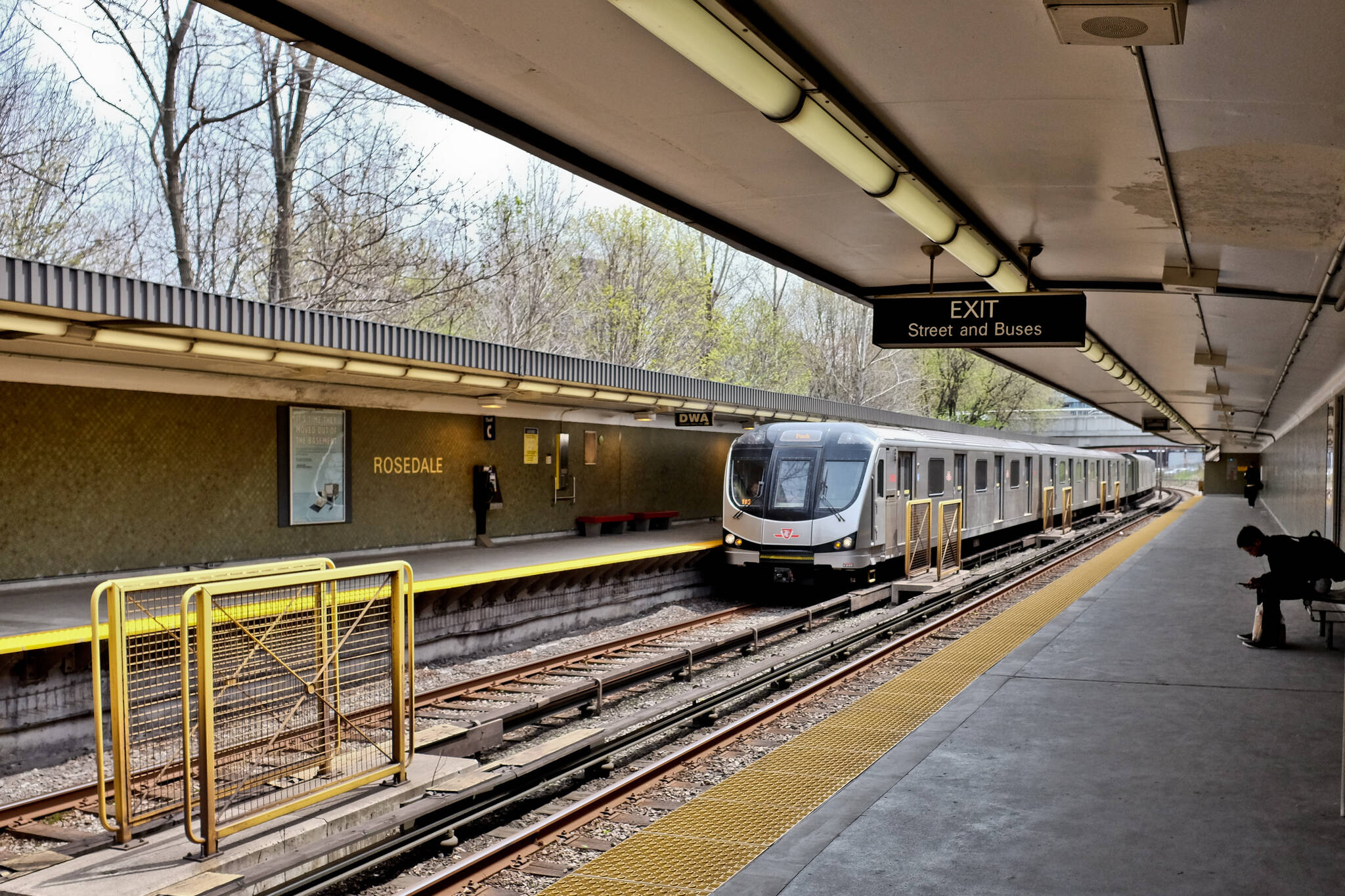
Toronto has had enough of TTC subway signal delays
When your commute is ruined by transit delays, it's frustrating.
Weather issues, medical emergencies, and necessary repairs can seriously ruin your morning, but they make sense.
is there no solution to the endless “signal” problems on the TTC? I actually don’t understand.
— Andrew Smart (@angryaesthete) February 28, 2019
This should be a pinned tweet if the same shit happen every other day
— Stan You (@ArrrBalest) March 6, 2019
Many find the dreaded "signal problems" reasoning frustrating, however, as it doesn't seem to have a clear meaning.
Many don't know what is actually happening when that announcer says "Line 1 is delayed by signal problems at Rosedale Station."
It often seems to be the most common reason for a subway delay. But, what does it mean?
Can someone please explain to me what "signal problems" mean? And I would like the technical/scientific explanation. #ttc #transit #onpoli
— sabrii (@sabrina_moffat) March 5, 2019
There are lights and signals that determine where all the trains are in the tunnels. Sufficient space needs to be left between the trains to avoid accidents or issues, and these signals help to facilitate that.
Signal problem = 🤷🏻♂️ “What to say, it’s slow”
— Angelo Muredda (@amuredda) February 28, 2019
Often, the signals will not properly detect a train, or will think there's a train when there isn't.
This causes obvious issues, and can work to slow down the entire system if not handled properly.
#TTC should just change their motto. "Due to signal problems..." #CityofTO
— Mootz (@Mootz1977) March 1, 2019
This is also why the TTC is upgrading the signal system to the new Automatic Train Control (ATC) system in many stations—a process that works much better than the old, outdated signal system, but takes time, and money.
More "signal problems". By the time the @TTChelps actually finishes the upgrades, they'll be outdated and the system will be back at square one. It's a pathetic system that's had decades of mismanagement and incompetency. #TTC #Toronto
— CrazyCanuck (@CrazyCanuck84) March 1, 2019
That doesn't stop many from becoming frustrated and impatient with the system, though. It seems that signal problems are extremely common, and a cause for many headaches in Toronto.
Latest Videos
Latest Videos
Join the conversation Load comments







